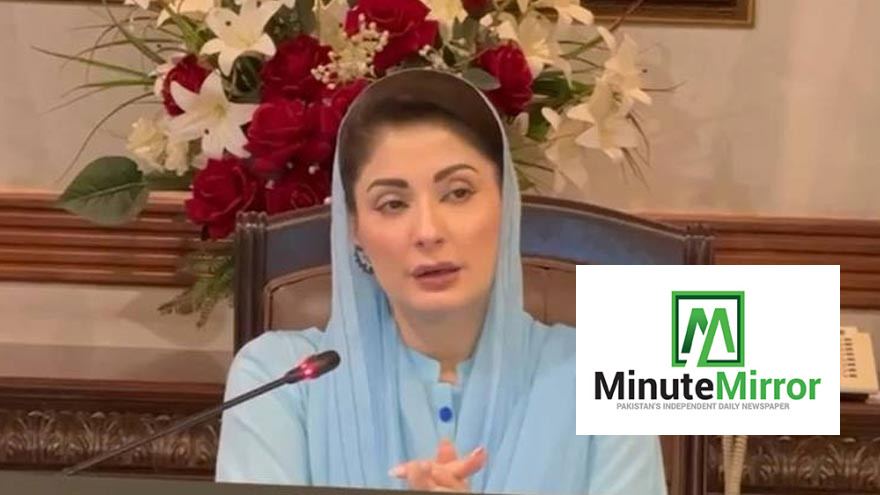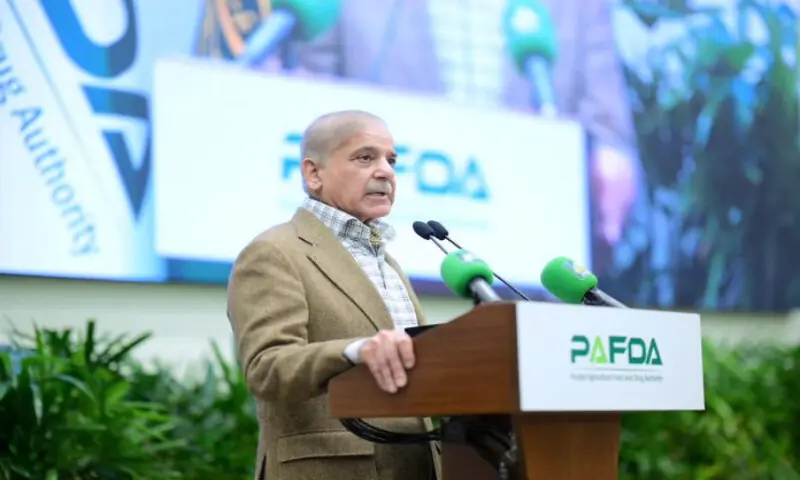
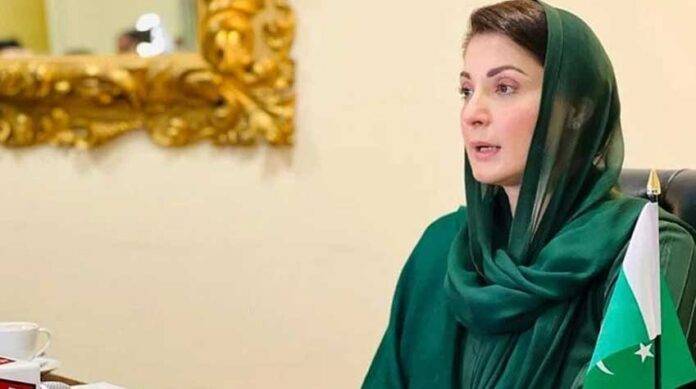
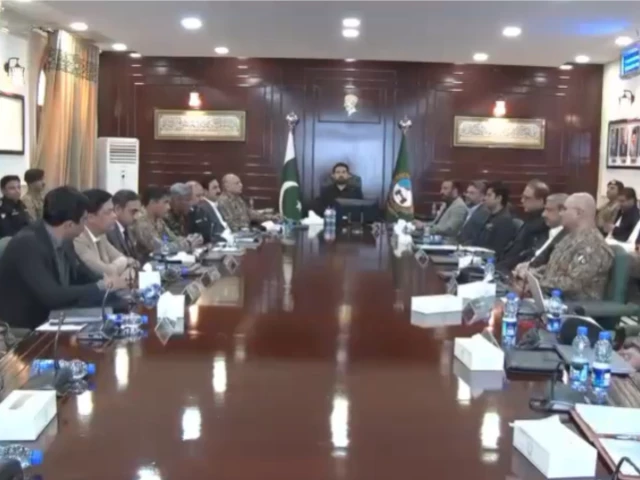
CM Afridi says all resources, including army and police, will be used to ensure peace
Khyber-Pakhtunkhwa Chief Minister Sohail Afridi chairing the Apex Committee meeting in Peshawar Photo: Screengrab/ Office of the Press Secretary to the Chief…
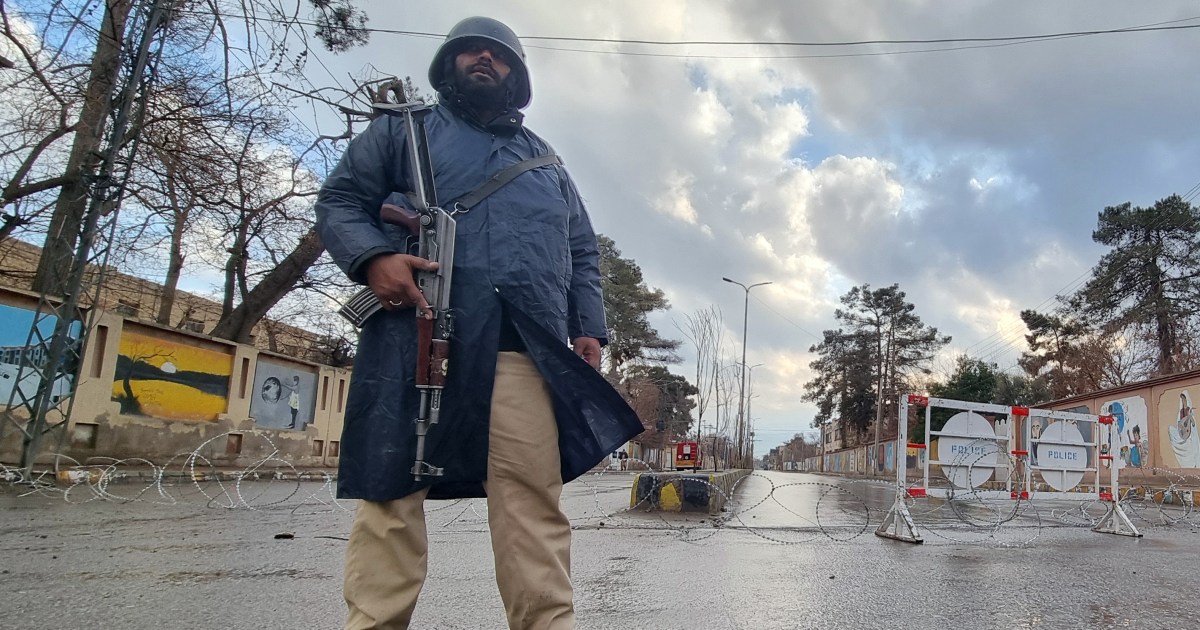
The military says operations that began on January 29 degraded leadership and operational capabilities of ‘terrorist’ networks.
Published On 5 Feb 2026
Pakistan’s military has concluded…
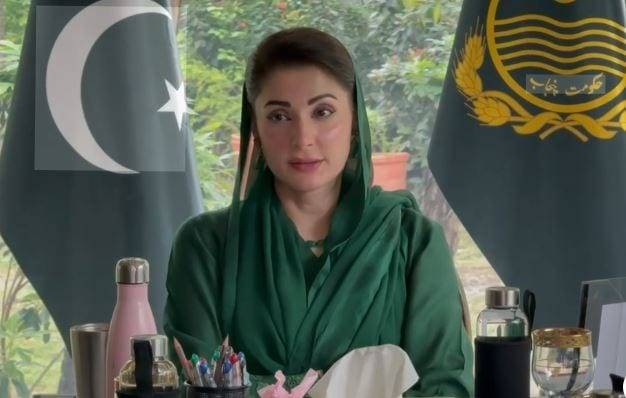
Punjab Chief Minister Maryam Nawaz on Wednesday announced the allocation of 3–5 acres of state land to underprivileged citizens under the government’s new initiative, Apna Khait, Apna Rozgar, aimed at providing sustainable livelihoods and…
